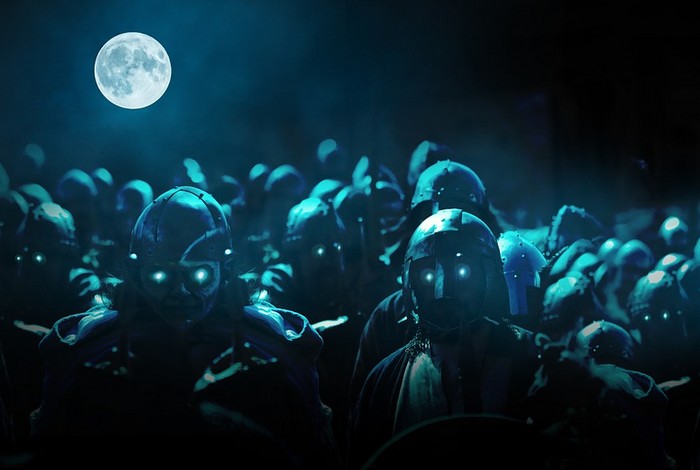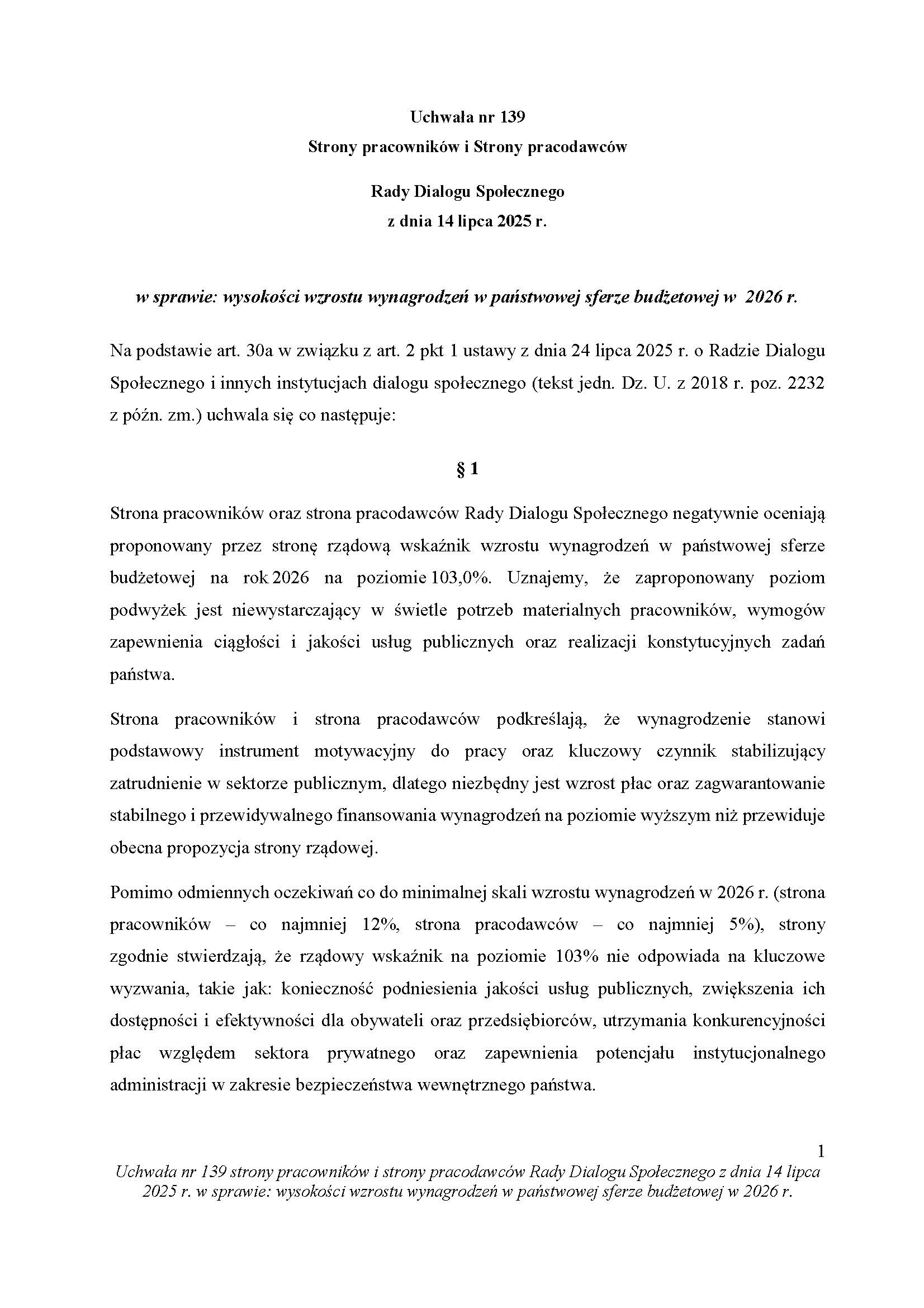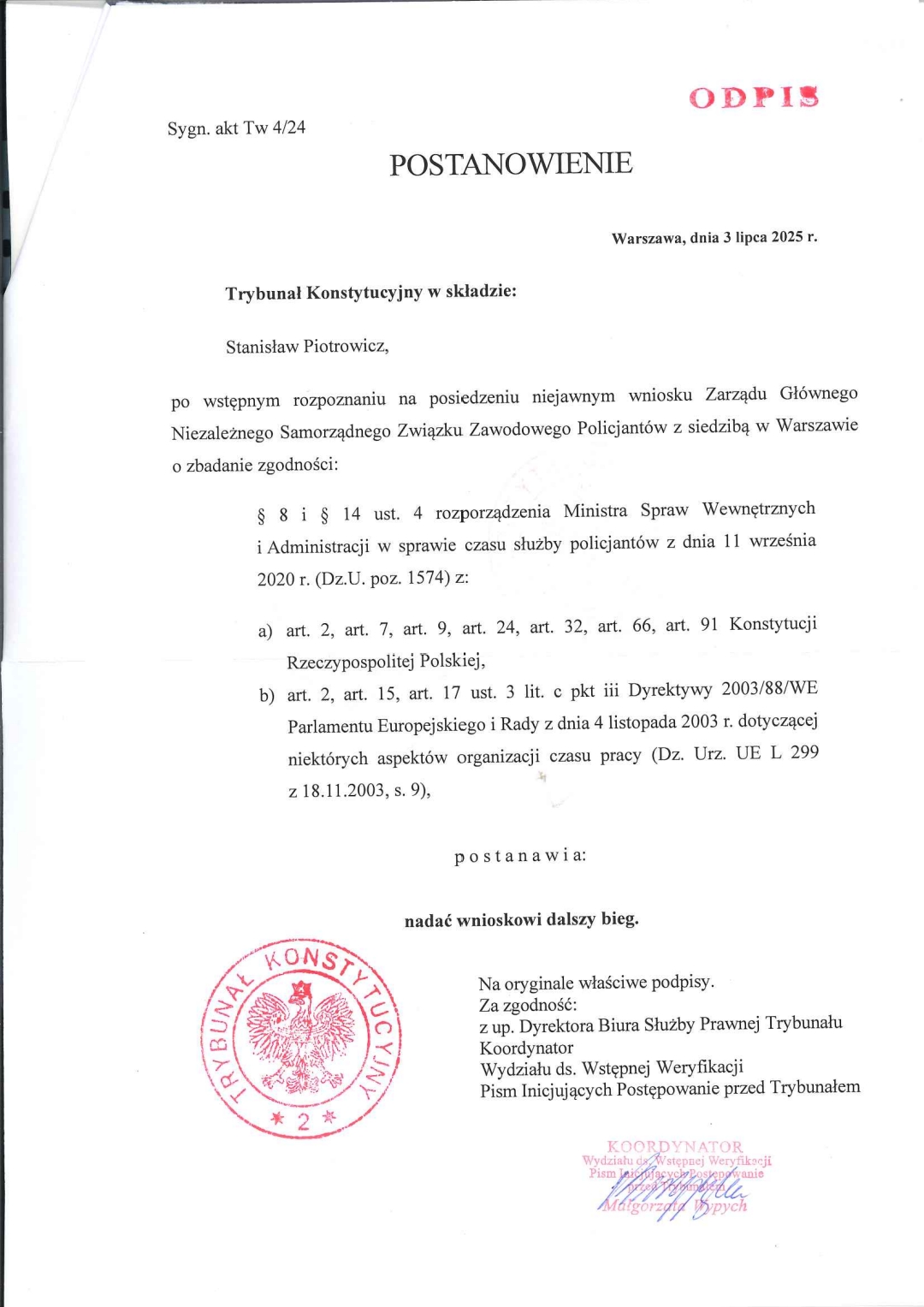
Full Assault On The Media Machine: Trump Slashes USAID
Submitted by Thomas Kolbe
After fierce internal disputes and the resignation of Elon Musk as a government advisor, the United States has now entered a new phase of fiscal consolidation. On Friday, the House of Representatives cleared the way for the first major round of budget cuts. And it’s a heavy hitter.
If you believe the steady drumbeat of European media coverage, the U.S. is on the verge of sovereign default. At first glance, the numbers do indeed resemble a fiscal horror show: After the devastating Biden years, federal debt has ballooned to 120 percent of GDP. The current deficit stands at a glaring 6.5 percent. In the coming months, $9 billion in outstanding debt must be refinanced—Washington has little room to maneuver.
What’s routinely omitted in media coverage, however, is the fact that the U.S. remains the issuer of the world’s reserve currency, and can, if necessary, print its way out of the mess. Europe’s hope for a premature American collapse—as both a justification for its own policy failures and a welcome distraction—will likely end in bitter disappointment.
Targeting the Media Machine
At first glance, it might seem odd that President Trump prioritized sweeping tax cuts over budget discipline. But look more closely, and the move reveals itself as part of a deliberate offensive strategy. In Trump’s America, the motto is: green light for the private sector first, then clean house in the bureaucratic stables.
Anyone seriously doubting that Americans are capable of implementing fiscal cuts has not yet grasped the political force of the Trump administration.
Even Elon Musk—the founder of the Department of Government Efficiency (DOGE), created to deepen budget reform efforts—lost patience with the slow grind of bureaucracy and quit in frustration. But in the bigger picture, that’s a mere footnote.
Because now, it gets serious. Building on DOGE’s groundwork, the first multi-billion-dollar rescission package is now being deployed: NPR reports that $9.4 billion in spending will be slashed with the stroke of a pen.
Trump’s first real punch in the fight over federal expenditures goes straight to the heart of the left’s media apparatus—USAID. Though nominally a humanitarian agency funding foreign aid projects, USAID has functioned in practice as a massive subsidy engine for the progressive media ecosystem operating worldwide. That era now appears to be over.
This propaganda leviathan stretched its tentacles across the globe, reinforcing and exporting the globalist green-left agenda that Europeans know as the Green Deal, the “green transformation,” or the politics of open borders.
The End of Ease
Like in Europe, paternalistic structures have gradually taken hold in America—but better camouflaged, given the poor reputation of state control in the land of liberty. Media outlets bankrolled by USAID opened the floodgates to government messaging, constructing a vast machine to manipulate public opinion. How else could the American public be kept in the dark for four years about Joe Biden’s mental decline?
Such a sustained deception requires close coordination between political and media actors, with the latter willingly co-opted into state control.
That Trump is starting his fiscal consolidation by targeting the beating heart of this media leviathan is no coincidence. Trump 2.0 is not a mere replay of 2016. Inside the White House, they’ve got the enemy and its structures clearly in their sights. The intensity of the trade battles with Brussels shows Trump has identified the core of green-socialist globalism exactly where many suspected: Brussels, London, and Davos.
And Trump appeals to those yearning for freedom, for open markets—including in the media—with steadfast resolve. With the stroke of his pen, The Corporation for Public Broadcasting (CPB)—America’s equivalent of ARD and ZDF—has been stripped of its $1.1 billion in federal funding. The blow to PBS and NPR is severe. A historic day for freedom of speech—and a precedent Germany can only dream of.
In Germany, a self-absorbed, taxpayer-funded media aristocracy holds the reins—merged with political power into a unified cartel of opinion. In contrast, in the U.S., a single signature is enough to start dismantling media manipulation, climate-hysteria weather maps, and perverse woke pedagogy—as if the madness had never happened.
Future generations will ask how it was possible that taxpayers funded such a cynical, parasitic opposition with their own money—day after day—broadcast into their homes, where they were lectured with hypermoralistic fervor.
A Long-Overdue Clear-Cut
But those same generations will also hold in their hands a manual of libertarian reform—a playbook for liberation from neo-feudal control. In the offices of the statists and central planners—in Brussels, Paris, and Berlin—this development is being watched with alarm.
Once the message of Milei’s success in Argentina or Trump’s reforms in the U.S. spreads, it will trigger a wave of uncomfortable questions.
Driven by the spirit of liberty, future citizens will demand the return of what defines sovereign individuals: the right to property, to free expression, to personal autonomy. They will demand a lean state—a mere administrator of essentials—that neither educates nor intrudes upon individual lives.
That’s the dream. But on the road to the Isles of the Blessed, hard work lies ahead. Budget reform will require a lumberjack’s resolve. And the axe is already swinging in the White House.
The cuts don’t stop at domestic public media. Trump’s government is also dismantling its overseas media empire. That includes defunding over 1,000 journalism-related NGOs worldwide that previously received USAID support. In the U.S. alone, up to 19,500 USAID employees and contractors could lose their jobs. These are the days of reckoning.
New Game, Open Space
Germany’s media landscape is crying out for a Trump moment. Not cosmetic reforms like trimming the number of directors or merging Phoenix with Arte—but radical privatization: sell ARD and ZDF, dissolve Deutschlandradio, abolish the public broadcasting fee. What is good will survive. The bloated media nobility must be released into the wild, forced to prove itself on the open market by delivering quality. Anything else is rent-seeking—living off the backs of actual contributors.
This isn’t neoliberal cruelty—it’s the spirit of true democracy. A state that monopolizes public discourse is a parasitic oppressor, an anachronism in civilized society. Its narrative dominance kills open debate.
The New Media World
And yet, resistance is growing in Germany. According to a 2023 poll by INSA, 38 percent of Germans supported scrapping the current public broadcasting system altogether. Rejection was especially high among young adults, who now get their news from X, YouTube, podcasts, and independent formats.
By late 2024, a follow-up survey by Focus found that only one-third of Germans under 30 viewed public broadcasters as credible and trustworthy—while 37 percent had completely lost trust in them.
The writing is on the wall: The state media’s air supremacy is melting faster than the feverish “climate Armageddon” they so love to hype.
The emerging media landscape will redefine the public sphere. The desperate counterattacks by legacy broadcasters—and the aggressive regulatory efforts from Brussels targeting platforms like X and Facebook—are nothing more than rearguard actions.
Public opinion is formed in the free interplay of ideas—in a space that centralized institutions can neither control nor belong in.
By attacking the public media machine, NGOs, and the entire progressive media-industrial complex, Trump is showing he understands how the narrative game of our time really works. And as a master of new media himself, he won’t struggle to turn the dismantling of statist storytelling into political victory.
* * *
About the author: Thomas Kolbe is a German graduate economist. For over 25 years, he has worked as a journalist and media producer for clients from various industries and business associations. As a publicist, he focuses on economic processes and observes geopolitical events from the perspective of the capital markets. His publications follow a philosophy that focuses on the individual and their right to self-determination.
Tyler Durden
Sun, 07/20/2025 – 12:50

















